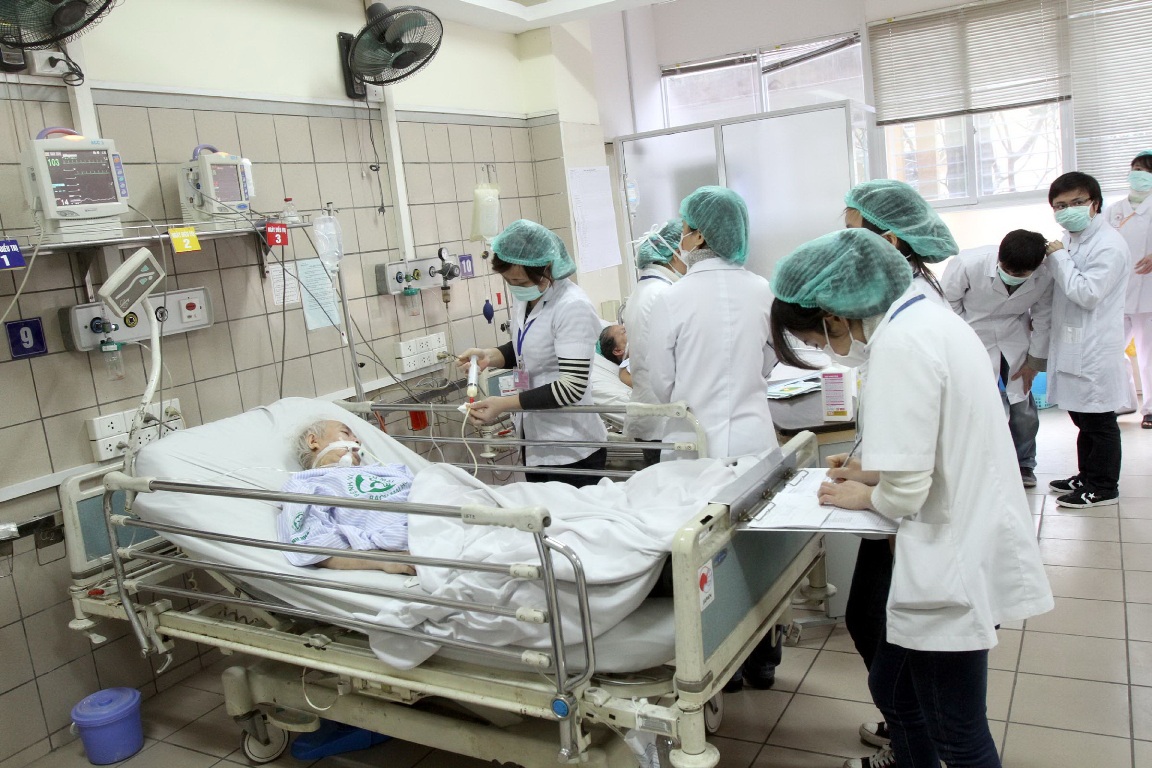Oral nutritional supplements reduce hospital stay and costs

Nutrition plays the important role in reducing hospital stay and costs
While more and more hospitals, particularly in Vietnam, are seeking interventions that improve patient care and reduce treatment costs, Abbott’s investment in health economics outcomes research reveals the health and economic benefits of oral nutritional supplements in the hospital setting.
According to important findings of Philipson Health Economics study, oral nutritional supplements were associated with significant reductions in length of stay and hospitalisation cost and a decreased probability of 30-day readmission in patients who had at least one known subsequent readmission and were provided oral nutritional supplements during the previous hospitalisation.
Oral nutritional supplements are dietary food, often in liquid form that provides calories, protein and nutrients for added nutrition and energy in the diet.
"Because oral nutritional supplements are formulated to provide advanced nutrition and calories for patients and are relatively inexpensive to provide, the sizeable savings they generate make supplementation a cost-effective therapy," said study co-author, Tomas Philipson Ph.D., Daniel Levin Chair of Public Policy at the University of Chicago.
In Vietnam, it is estimated that from 56 to 78 per cent of hospitalised patient exhibit various forms poor nutrition or malnutrition, which negatively impact on the effectiveness and cost of healthcare (in China, this number is 39 per cent, in Singapore is 15 to 29 per cent, and Latin-America is 50 per cent). Moreover, from 2014, hospitalisation costs in Vietnam are expected to increase by 20 per cent, therefore making more burdens on Vietnamese patients. Such a situation places the great pressures on hospitals in Vietnam, which are finding low-cost, highly effective therapies while maintaining quality of care.
Philipson study was introduced to Vietnamese healthcare professionals by Abbott on a national scale, with an effort to provide innovative science-based solutions to patient care and treatment, and help reduce healthcare costs in the current context of the country.
“Deficient nutritional status, especially in patients recovering from serious illnesses or surgery, can result in longer hospitalisation, increase rate of complications, readmission rates and costs,” said Dr. Tu Ngu, general secretary of the Vietnam Nutrition Association. “The good news is that researches show that the oral nutritional supplements to hospitalised patients can help to reduce the treatment time and costs.”
Another effort of Abbott in advancing the understanding and practice of clinical nutrition, since 2010, the Abbott Fund and the Global Health Collaborative (GHC) at the Boston University School of Medicine (BUSM) have partnered with the Bach Mai Hospital, the National Institute of Nutrition (NIN) and Hanoi Medical University (HMU) to establish the Abbott Fund Institute of Nutrition Science (AFINS) with aim to improving nutrition care of hospitalised patients.
What the stars mean:
★ Poor ★ ★ Promising ★★★ Good ★★★★ Very good ★★★★★ Exceptional
Latest News
More News
- State corporations poised to drive 2026 growth (February 03, 2026 | 13:58)
- Why high-tech talent will define Vietnam’s growth (February 02, 2026 | 10:47)
- FMCG resilience amid varying storms (February 02, 2026 | 10:00)
- Customs reforms strengthen business confidence, support trade growth (February 01, 2026 | 08:20)
- Vietnam and US to launch sixth trade negotiation round (January 30, 2026 | 15:19)
- Digital publishing emerges as key growth driver in Vietnam (January 30, 2026 | 10:59)
- EVN signs key contract for Tri An hydropower expansion (January 30, 2026 | 10:57)
- Vietnam to lead trade growth in ASEAN (January 29, 2026 | 15:08)
- Carlsberg Vietnam delivers Lunar New Year support in central region (January 28, 2026 | 17:19)
- TikTok penalised $35,000 in Vietnam for consumer protection violations (January 28, 2026 | 17:15)
















 Mobile Version
Mobile Version